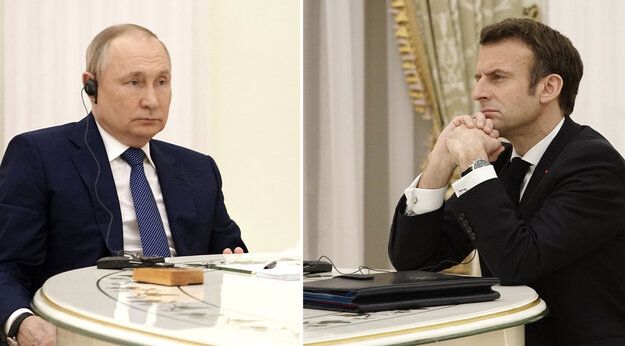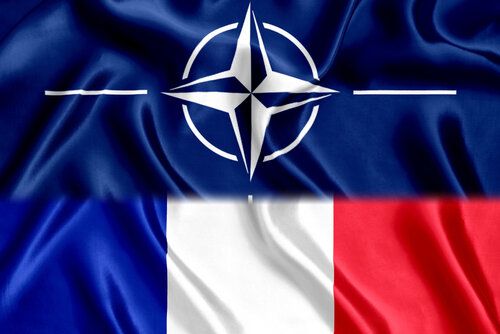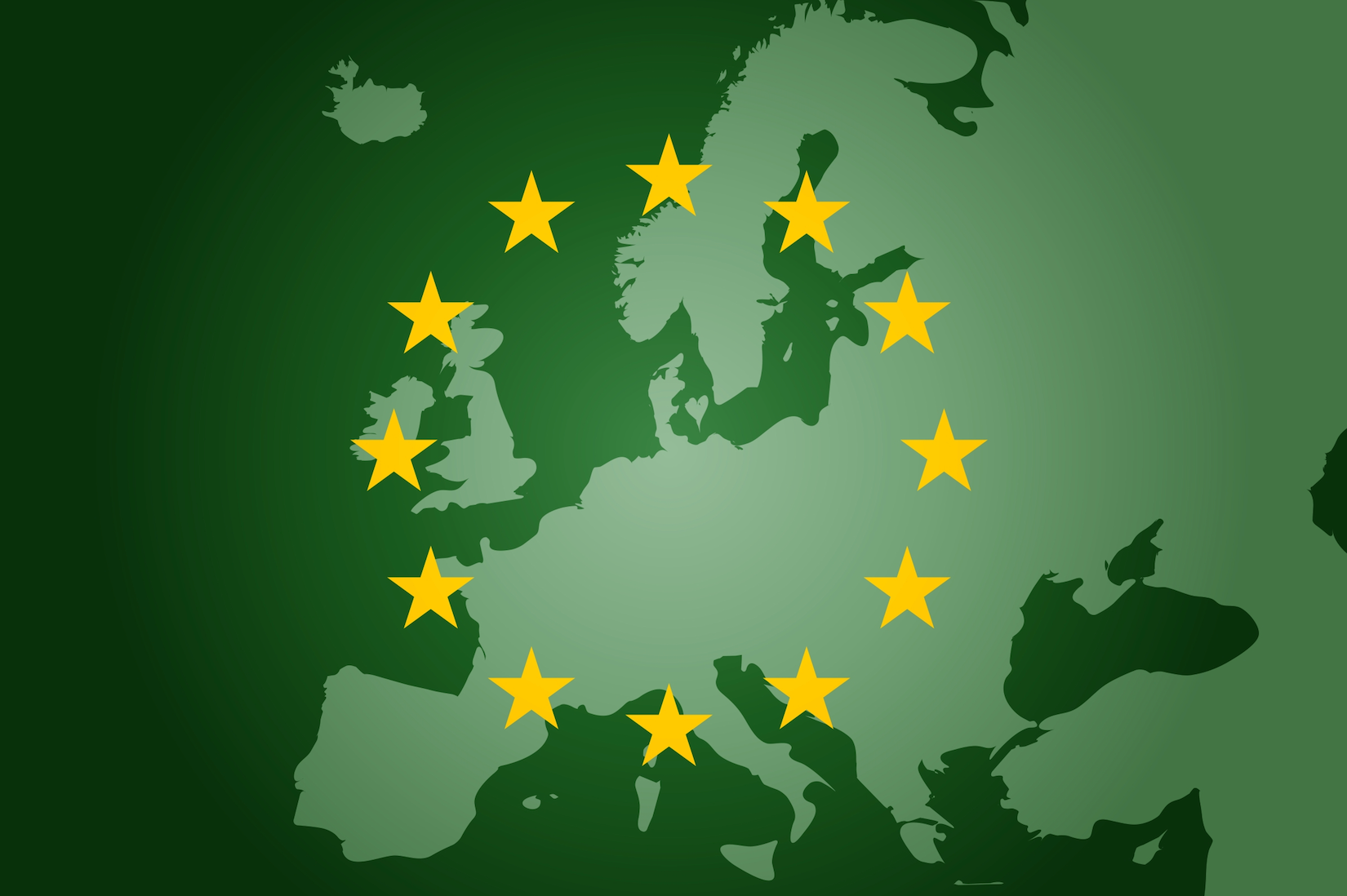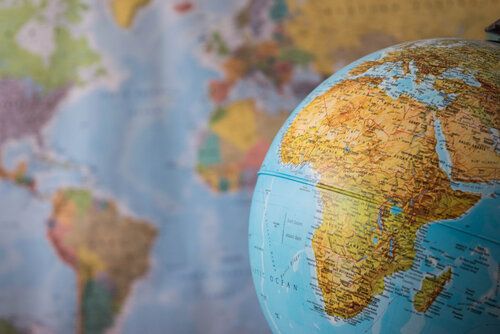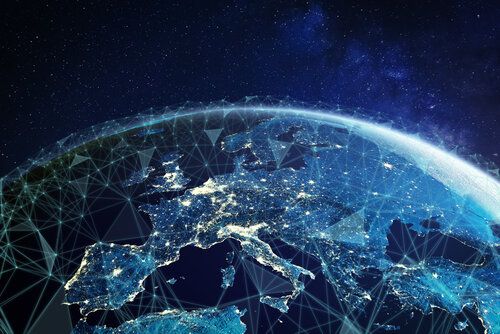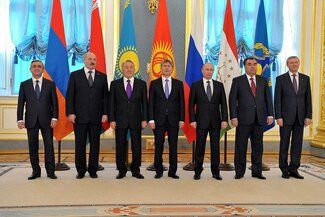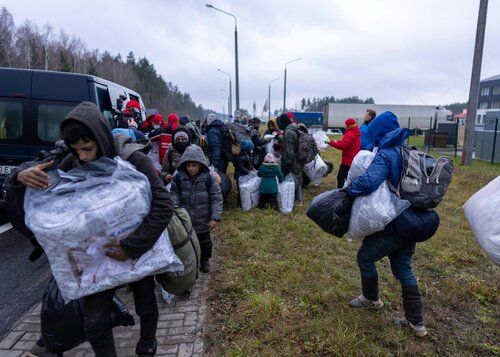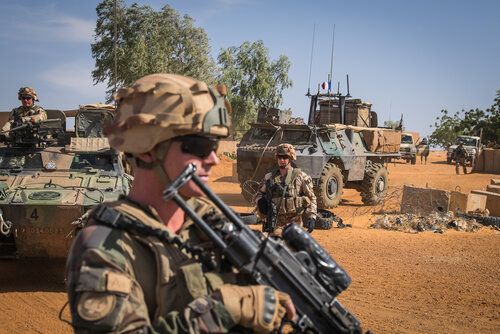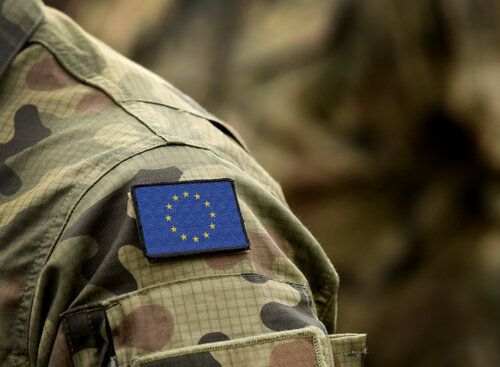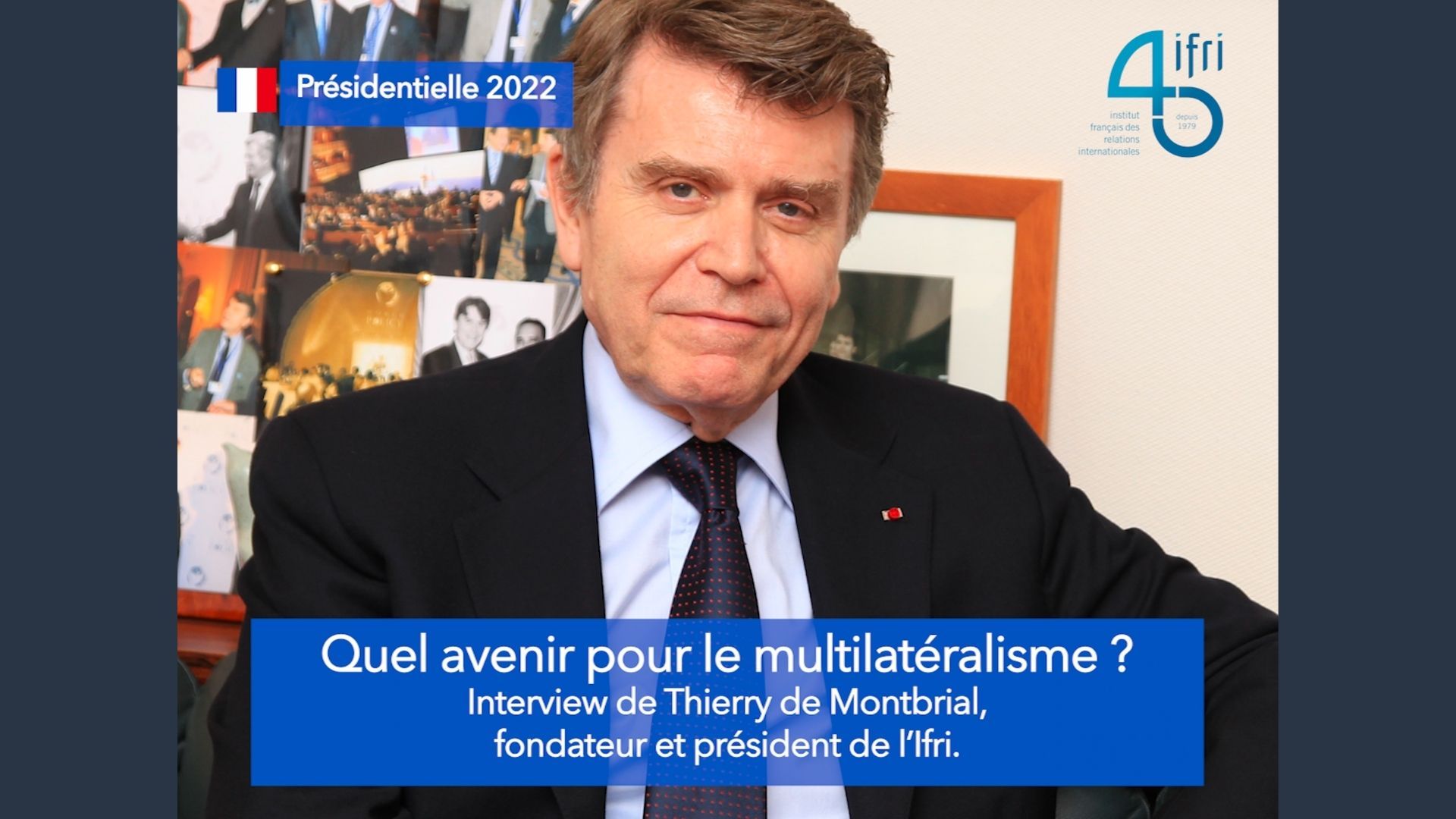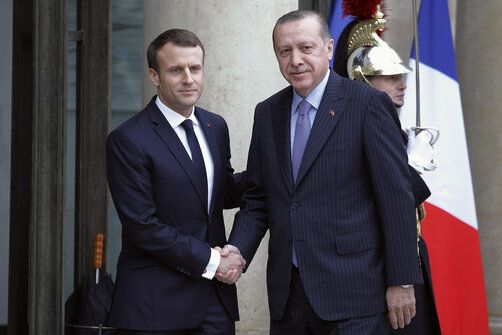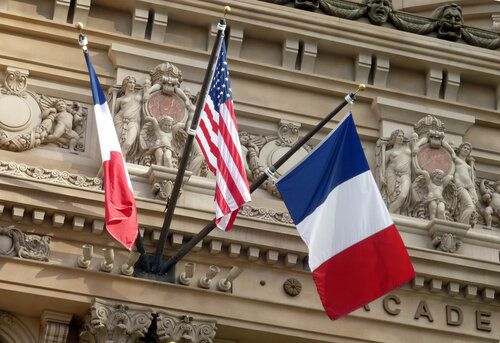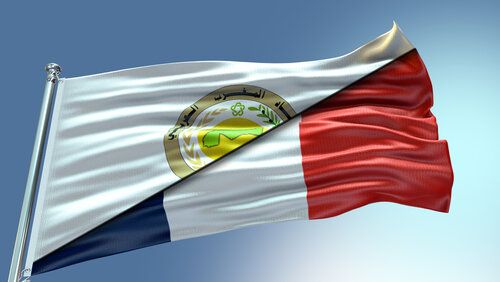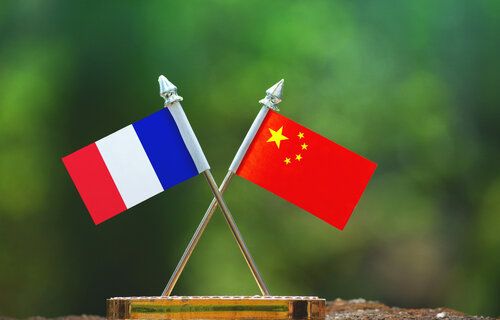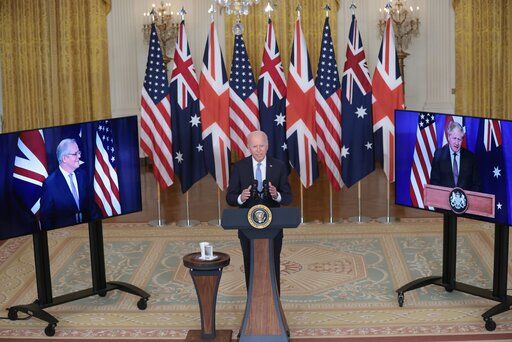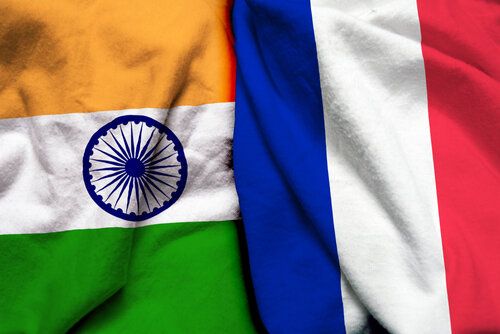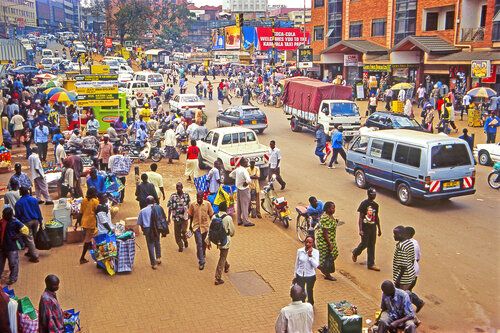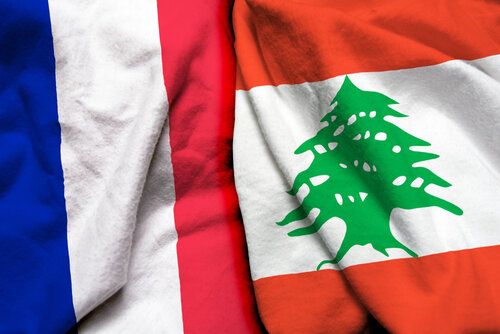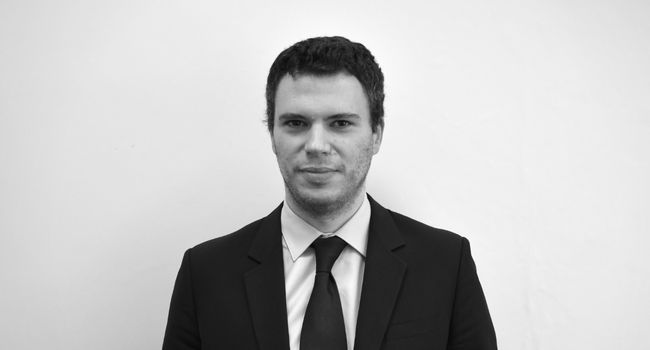Thirty years after the dissolution of the USSR, the post-Soviet space appears more fragmented than ever, revealing centrifugal tendencies and deep economic, political, and strategic disparities. Even within the different geographical areas that make up this space—Eastern Europe, the South Caucasus, and Central Asia—, the forces pushing for divergence are stronger than the bonds of the shared Soviet heritage. A number of conflicts have arisen, both open ones like those in Ukraine and Nagorno-Karabakh and frozen ones like those in Transnistria and Georgia. Russia’s influence is facing increasing competition from other global and regional powers, such as China, Turkey, and Iran, and its economy is jeopardized by a sanctions regime of unprecedented scale. As for France and the European Union (EU), they are coming up against several challenges in this vast, changing area, which is experiencing various security threats (armed conflict, illegal migration, drugs and arms trafficking, and terrorism). The unstable, competitive environment is forcing Europeans to redefine their military, diplomatic, and institutional tools.
Eastern Europe: A Continental Political and Security Issue
Marked by a gradual rise in tensions (state of energy emergency decreed in Chisinau, migratory blackmail imposed by Minsk on the EU, Moscow’s recognition of the independence of the republics of Donetsk and Luhansk in Donbass), Eastern Europe was catapulted into war on February 24, 2022, with the Russian invasion of Ukraine. Neighboring countries have already been exposed to the migratory consequences of a conflict that creates great uncertainties for European and even global security (the fate of the armaments delivered by Brussels to Kyiv once the fighting stops, the unpredictability of Russia’s actions against Moldova, Georgia, and even Finland). The next French president—who will also hold the presidency of the Council of the European Union until the end of June—will have to ensure that the hostilities do not spread beyond Ukraine, while preventing the possible deployment of nuclear warheads by Moscow in Belarus, its ally. Although European unity in the face of the war—and also in the response to Ukrainian, Moldovan, and Georgian demands to join the EU—seems to be an indispensable prerequisite for finding a way out of the crisis, maintaining dialogue with Moscow is equally fundamental in order to guarantee the security of the continent over the long term.
Strategic Rebuilding in the South Caucasus
The 2020 war between Armenia and Azerbaijan in Nagorno-Karabakh caused major geopolitical upheaval in the region, marked by Baku’s increasing power (supported by Turkey); Moscow taking tougher diplomatic positions; and the marginalization of the Minsk Group, co-chaired by the United States, France, and Russia. In Georgia, the institutional crisis and political stalemate are slowing down the process of European integration. Apart from the economic and institutional support they already provide to the region, how can France and the EU influence conflict resolution, while at the same time helping to strengthen the resilience and preserving the democratic aspirations of countries in the South Caucasus?
A New Approach in Central Asia?
The Taliban’s return to power in Afghanistan has made Central Asia’s security situation more uncertain, as demonstrated by the fact that part of the Tajik-Afghan border is being managed by members of the Jamaat Ansarullah jihadist group. To respond to common challenges (terrorism, trafficking, the migrant crisis), France has attempted a rapprochement with Uzbekistan (telephone conversation with President Shavkat Mirziyoyev in August 2021) and Tajikistan (official visit of President Emomali Rahmon to Paris in October 2021). In the economic field, Paris could take advantage of the increased importance of Central Asia and the Caspian Sea as transit zones between the Chinese and European markets by strengthening its presence in engineering and transport. France has had a strategic partnership with Kazakhstan since 2008 and has been pursuing Uzbekistan as a business partner (in renewable energies and smart cities) since 2017. The diversification of trade relations will be welcomed by Central Asian countries whose proximity with Russia exposes them to the effects of sanctions targeting the Russian economy.
Looking beyond the specific regional issues in Eastern Europe, the South Caucasus, and Central Asia, France and Europe face a significant dilemma they may have to resolve: whether to approach the post-Soviet space from the perspective of its relationship with Moscow, or to attempt to grasp the individual dynamics of each country.

